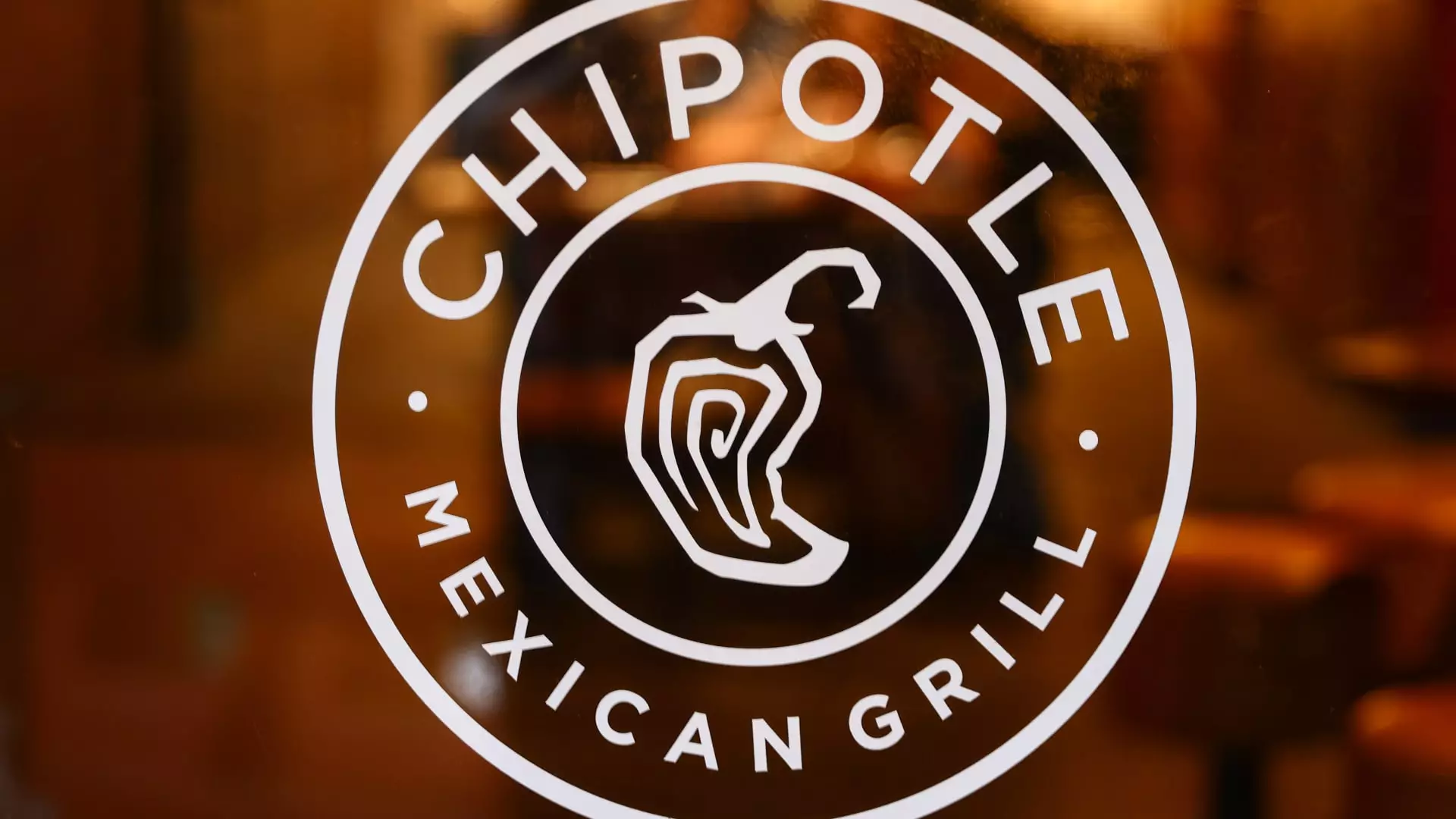Chipotle Mexican Grill’s upcoming debut in Mexico is more than a mere business venture; it’s a tantalizing glimpse into the complexities of cultural identity and culinary authenticity. As the company prepares to open its first location in early 2026, partnering with Alsea to realize this dream, one can’t help but wonder if this move signifies a confident leap into new territory or a potential miscalculation steeped in naivety. Mexican cuisine is a rich tapestry of tradition and flavors, deeply rooted in history, and Chipotle’s Americanized version of Mexican food may not find a warm reception among locals who take pride in their heritage.
Context Matters: The Political Climate
The decision to expand amidst a contentious trade relationship between the U.S. and Mexico is particularly striking. President Trump’s trade war and the fluctuating tariffs on avocados highlight a backdrop of tension. Though Chipotle has diversified its avocado sourcing, the crucial nature of these ingredients raises eyebrows. Will Chipotle’s Mexican foray be received positively in a climate marked by skepticism toward American influence? This question lingers ominously as the company seeks to introduce its brand to a market where authenticity reigns supreme.
Cultural Resonance: Learning from the Past
Let’s not forget the cautionary tales from competitors like Taco Bell, which suffered harsh defeats in Mexico after failing to resonate with local tastes. For Chipotle, that history should serve as a wake-up call. The company has cited its familiarity with fresh ingredients as a key selling point, yet this angle may fall short without true engagement in the local culinary conversation. Consumers will likely be discerning; they expect more than just a slightly modified burrito. The challenge lies in embracing the cultural complexities of Mexican food rather than simplifying it for an American palate.
Innovative or Insensitive? The Dilemma of Localization
Chipotle’s approach hinges on a gamble—can its familiar offerings be localized without losing their essence? While international expansion is certainly a hallmark of successful growth strategies, one must ponder whether the company is prepared to innovate responsibly. Chipotle will need to recognize and respect local preferences, which may require significant alterations to its menu and marketing strategies. Failure to do so could render their efforts not only ineffective but also culturally insensitive. Local flavors and traditional recipes deserve acknowledgment, and consumers are increasingly vocal about their expectations in this regard.
Looking Ahead: Opportunities or Obstacles?
As Chipotle forges ahead into Latin America with an eye on further expansion, the road ahead is riddled with opportunities and obstacles. This is not merely a financial endeavor; it’s an exploration of identity and a test of adaptability. Given the brand’s heritage and its ambivalence toward fully embracing the authenticity of the cuisine it represents, will Chipotle be perceptive enough to navigate these challenges? The stakes are high—this will not just affect the bottom line but could redefine what Chipotle stands for in the eyes of a global audience. Thus, whether this ambitious venture succeeds may well depend on its ability to tread carefully between appreciation and appropriation.

